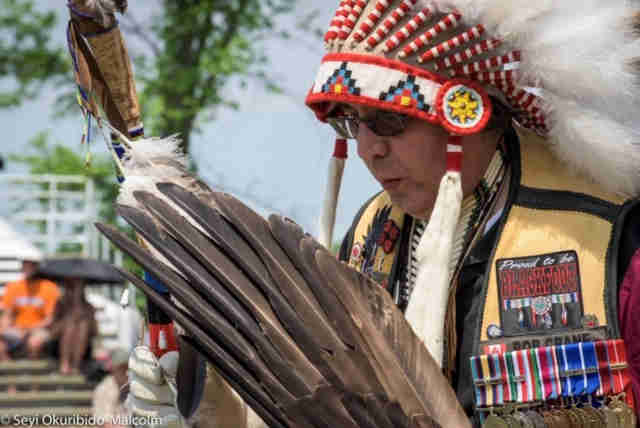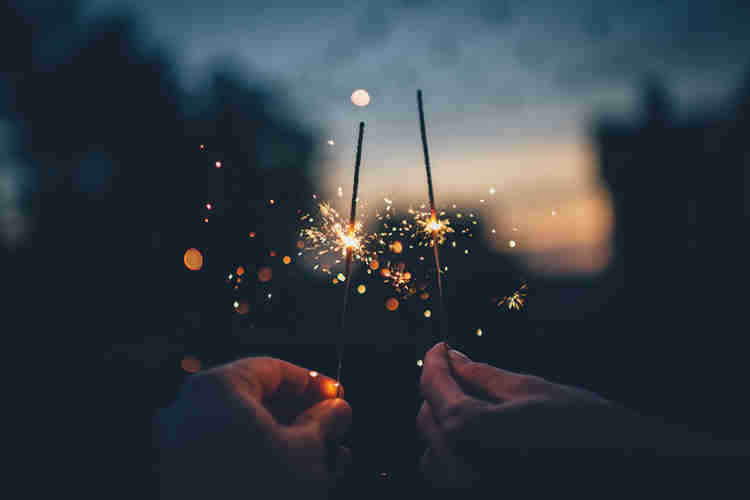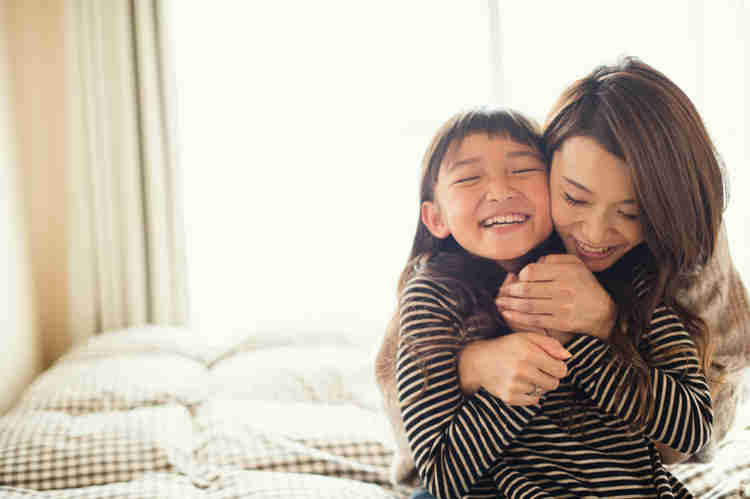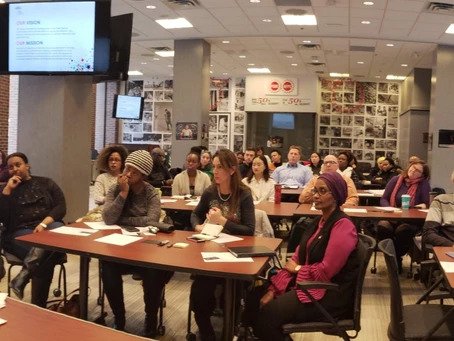My child came home from daycare one day in what appeared to be war paint and a headdress they had made at daycare. Another time, she brought home a book with a character who got attached to a post while the Indigenous people ran around him in kindergarten. This year, the Ministry of Education approved a history workbook that uses outdated terms like “Indian” and wording that implies (and at times explicitly states) that Indigenous people willingly converted to Christianity and European ways, at least at the beginning. My other kid played run away from the “mean Indians” in swim class a couple of years ago. Each time, I approached the responsible adults. The results were mixed, some more receptive to change than others.
Part of what inspired my interest in creating Parents for Diversity was seeing how little has changed in education about Indigenous people, at least in some parts of the country, and the desire to find like-minded parents. My children are not even out of primary school and, already, they and their classmates are being taught all the negative stereotypes about Indigenous people. Why don’t more educators understand the harm these lessons cause to Indigenous children in their classrooms and Indigenous people more generally? Indigenous children’s sense of self-worth can be affected and harmful attitudes towards Indigenous people can have life or death impacts, as is demonstrated by news articles coming out of Thunder Bay and other Canadian cities where Indigenous people are targeted, even violently, because of their identity. If we continue to teach our children about Indigenous people in these negative ways, what impact will this continue to have on Indigenous people who will be interacting with these children once they become adults and are police officers, healthcare workers and other professionals?
These incidents made me realize how little I knew about Indigenous traditions to be able to teach a counter narrative and that I needed to learn more. I knew I needed to be careful not to wrongly characterize the many varied Indigenous traditions and beliefs across Turtle Island (North America). I also knew it was important for my kids to hear from Indigenous people themselves about who they are and their histories with the state of Canada.
It has not always been an easy road to educate myself and my family about these issues and we still have a long way to go. I am trying to better educate myself about Indigenous beliefs and practices. Iskotew Lodge offers the opportunity to listen to Elders share their wisdom, which is an amazing opportunity. For me, it was new and I worried about offending by not doing the right thing. When I went, I was nervous, but I went nonetheless. And I learned a bit more. So many people experience cultural discomfort every day when they leave their home. For those of us who are white, it is important to be willing to sit with that discomfort and to learn, rather than avoid it. I brought my children to powwows. As with any new situation, it took time for them to get used to it, but they now look forward to the Aboriginal Solstice Festival every year.


It is sad to me that, in Canada, knowing and taking part in these traditions is not an integral part of our upbringing and education. Indigenous peoples have been here so much longer than the rest of us. Why don’t we know more about their beliefs and cultures? Why do so many people expect Indigenous people to adapt to our way of being in the world but we do not do the same? Fundamentally, a huge part of it is that we are not taught the full history of what has occurred on these lands now known as Canada. We don’t understand how we got to where we are today.
As a parent, you can make differences big and small. By attending events, reading books and actively countering negative stereotypes about Indigenous people, you can ensure that your child has a more accurate picture. You may also want to advocate for broader changes too such as curriculum updates , encourage your kids’ school to invite Indigenous speakers and share resources with the school. A few helpful resources to get you started:
- Parents for Diversity Library for books
- A guide to taking your family to a powwow for the first time
- How and when to invite Indigenous speakers to the classroom
Please let us know what you have done to educate yourself and your children about the history of Indigenous peoples in Canada and their cultures, beliefs and current realities. And please share resources for learning on this topic as well in the space below available for comments.




